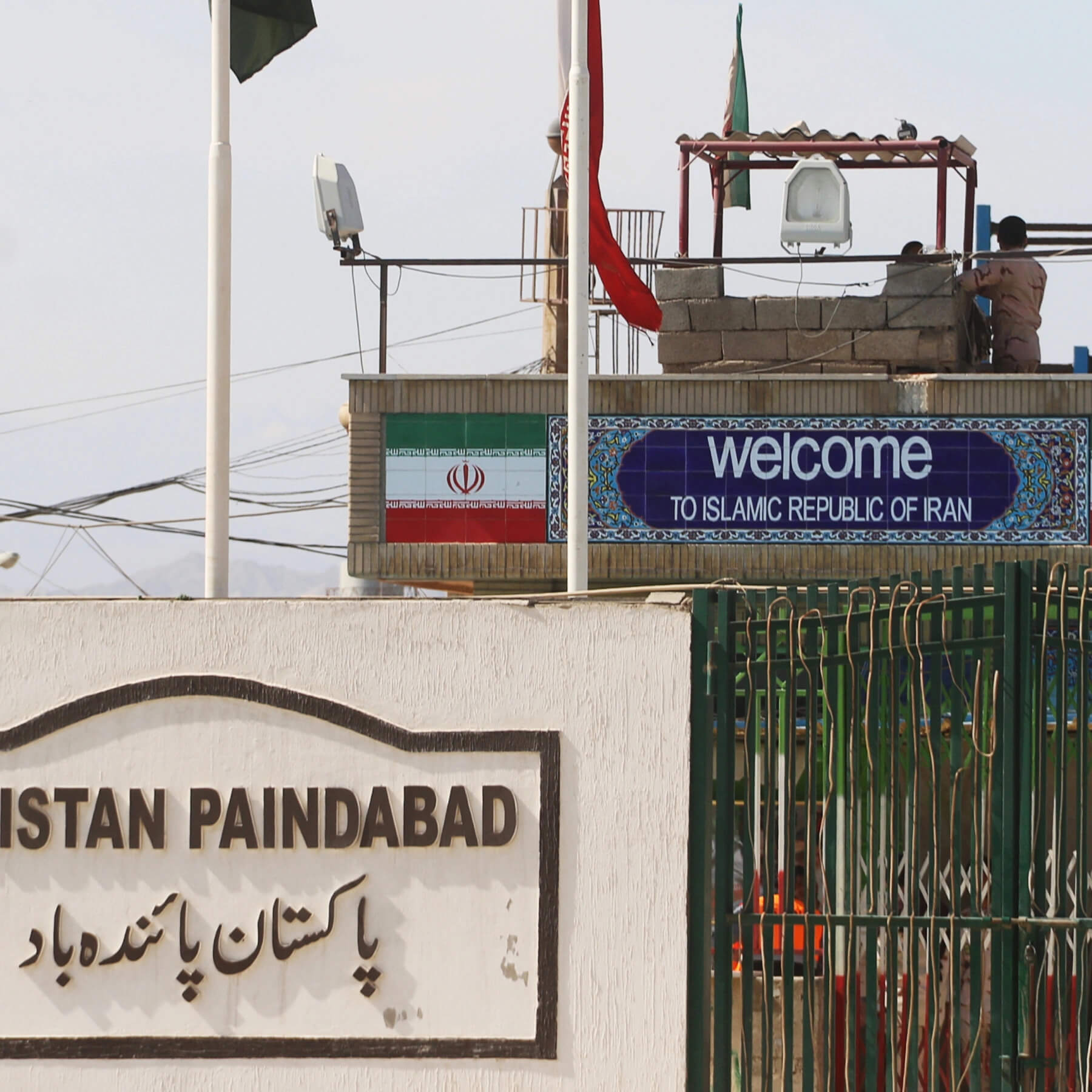On Wednesday, Pakistani PM Shehbaz Sharif strongly condemned the “terrorist incident” along Pakistan’s border with Iran, wherein four security officers were killed in Balochistan. Additionally, Sharif urged Iran to prevent terrorists from using its soil to orchestrate such violent cross-border attacks.
Similarly, Foreign Minister Bilawal Bhutto-Zardari condemned the incident and celebrated the deceased as “the country’s heroes.”
Wednesday’s Attack
Pakistan’s Inter-Services Public Relations (ISPR) confirmed that “terrorist activity” killed four security personnel in Balochistan’s Panjgur district, situated along the border with Iran.
No group has claimed responsibility for the incident. Meanwhile, Iran has stayed silent on Pakistan’s statements.
I strongly condemn killing of our 4 security officials in a terrorist incident along Pakistan-Iran border in Balochistan. Nation pays homage to the sacrifices of their martyred soldiers in line of duty. We expect Iran will ensure that its soil is not used for cross border attacks
— Shehbaz Sharif (@CMShehbaz) January 18, 2023
Tensions Along the Pakistan-Iran Border
Historical tensions have deteriorated the security situation along the Pakistan-Iran border. Tensions surged in 2018, when 14 Iranian security officials were kidnapped by Jaish Al-Adl terrorists. Similarly, violent protests and attacks on government offices in Panjgur in February 2021 resulted in the closure of the border.
In October 2022, Iran closed its border with Pakistan for two days due to clashes between protestors and security forces in Zahedan, Sistan-Baluchestan. The statement said, “Terrorists used Iranian soil to target a convoy of security forces patrolling along the border.”
The over 900-kilometre-long border also regularly witnesses cross-border crimes, including drug trafficking, religious militancy, and separatism.

In this regard, Iran and Pakistan have exchanged blame and urged each other to prevent criminal activities along the shared border.
To this end, Tehran and Islamabad also agreed to form a quick reaction force in 2019 to target militancy. There is very limited information about the force or its activities.
Last year, the countries further agreed to set up a joint working group to address border issues.
Dual Threat for Pakistan
Heightened tensions along the border with Iran add to security concerns in Pakistan, which is already struggling to deter attacks along its border with Afghanistan, particularly since the Tehreek-e-Taliban Pakistan (TTP) unilaterally ended its ceasefire in November. Concerningly, Balochistan is also situated along the 2,600-kilometre border with Afghanistan.
Islamabad has repeatedly urged the Taliban in Afghanistan to deter TTP and other such groups from using its soil to launch attacks in Pakistan.
Read More: Taliban Calls Pakistan Statement on TTP Presence in Afghanistan “Provocative”
In fact, just hours before Wednesday’s attack, Pakistani security officials confirmed that they had neutralised four terrorists in Balochistan, who were linked with attacks on security officials and civilians in Talsar, Hoshab.
In addition, on Tuesday, General Syed Asim Munir vowed to act against “foreign-sponsored and supported” actors who sought to destabilise Balochistan.
In December, five army personnel died in seven separate blasts in various regions of Balochistan.

